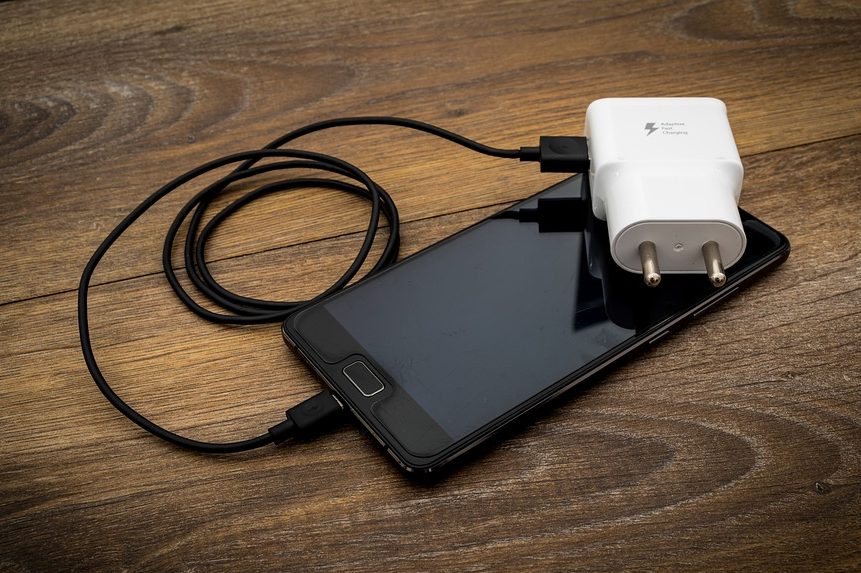- Client: EC - DG GROW
- Implementation period: December, 2018 - June, 2019 (Completed)
- Geographic coverage: European Union
- Theme: Environment
- Topic:
- Experts: Matthew Smith, Katarina Svatikova, Perla C. Torres Vega
Is new EU action needed to avoid problems with a proliferation of different smartphone chargers?
In this study we supported DG GROW in an impact assessment of proposed additional measures for the harmonisation of smartphone chargers. Since a 2009 Memorandum of Understanding between the EU and mobile telephone manufacturers on harmonisation of chargers expired in 2014 there has been no active regulation in this area. A new Memorandum produced by the industry in 2017 raised EC concerns of market fragmentation and problems with charger interoperability, leading to consumer inconvenience and additional waste. This project:
- Evaluated the market for chargers and its impacts, building on a 2014 study on the impacts of the 2009 Memorandum;
- Carried out an impact assessment of new policy measures to assess the potential impact of these on consumers, the economy and the environment.
The work involved in-depth stakeholder consultation through various channels (an official open public consultation, a targeted survey, a consumer panel survey reaching more than 5000 people and interviews). It also utilised market (stock) modelling, LCA techniques and Multi-Criteria Analysis to compare the different policy options.
The project was conducted by Trinomics in collaboration with Economisti Associati (oversight role), IPSOS (lead) and Fraunhofer FOKUS. Trinomics performed the market (stock) modelling and the environmental impact assessment for this work.

Specific objectives of this study are:
- There is already a high degree of interoperability of chargers, particularly the external power supplies (EPS), and also, with the exception of Apple for cables;
- The market is moving to a USB C connection standard on the phone side, and fast-charging;
- Consumer inconvenience and environmental harms (emissions, material use/waste) are the major problems from the current situation;
- Across the policy options, requiring manufacturers to supply only USB C connectors on the phone side would be most beneficial for consumer convenience, only very minor environmental impacts;
- Achieving environmental benefits would require decoupling of chargers from phones, i.e. that chargers are not automatically included ‘in-the-box’ with new phones.